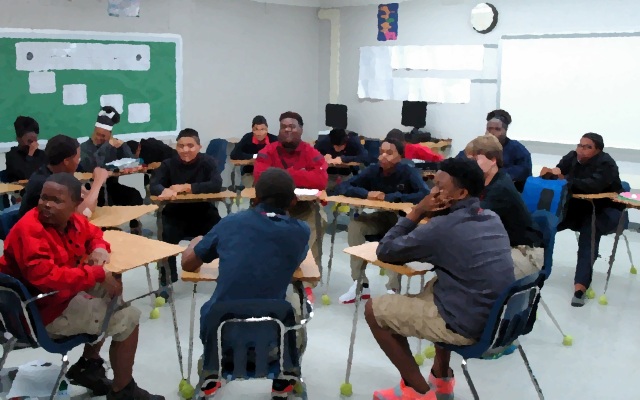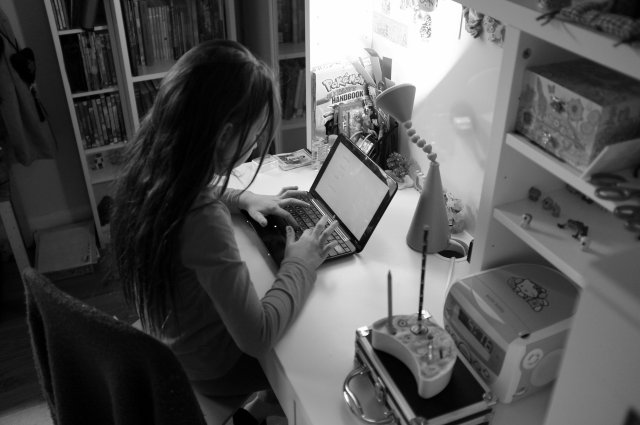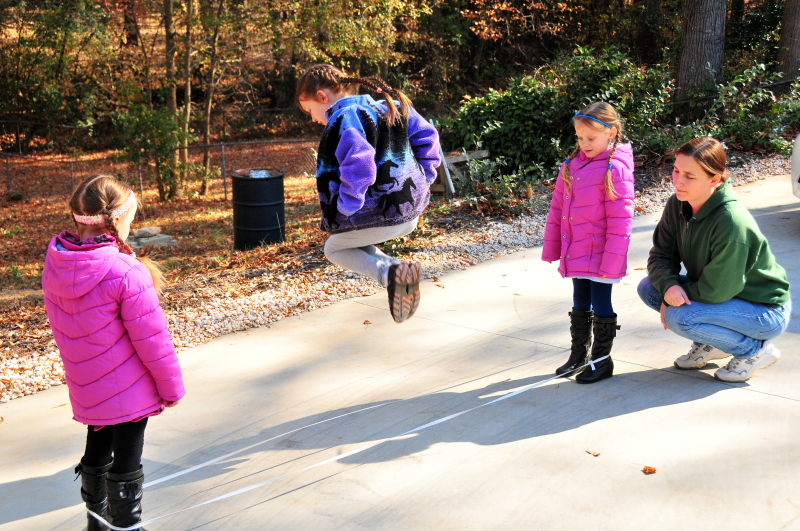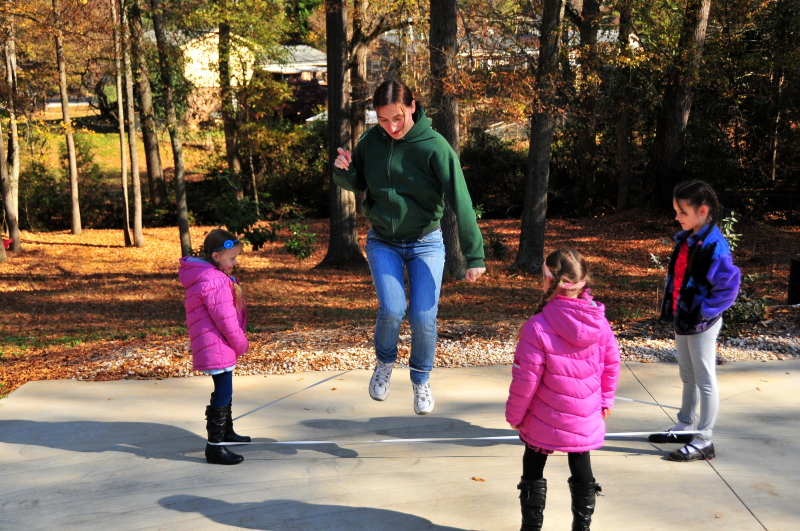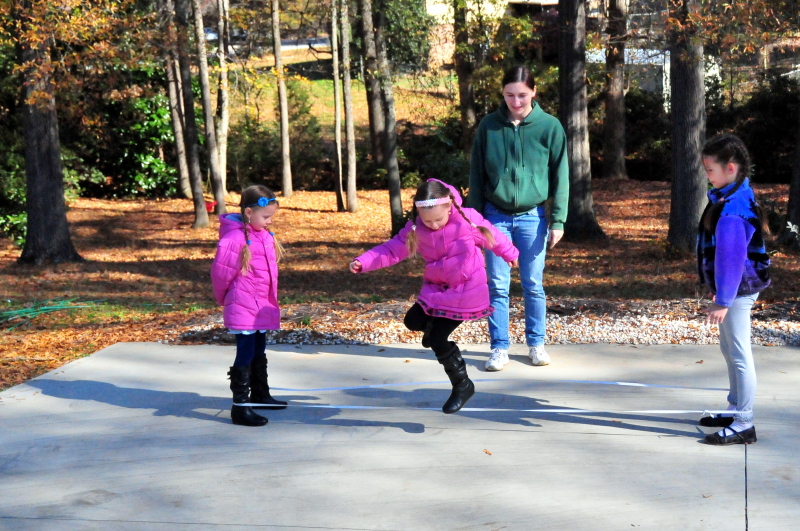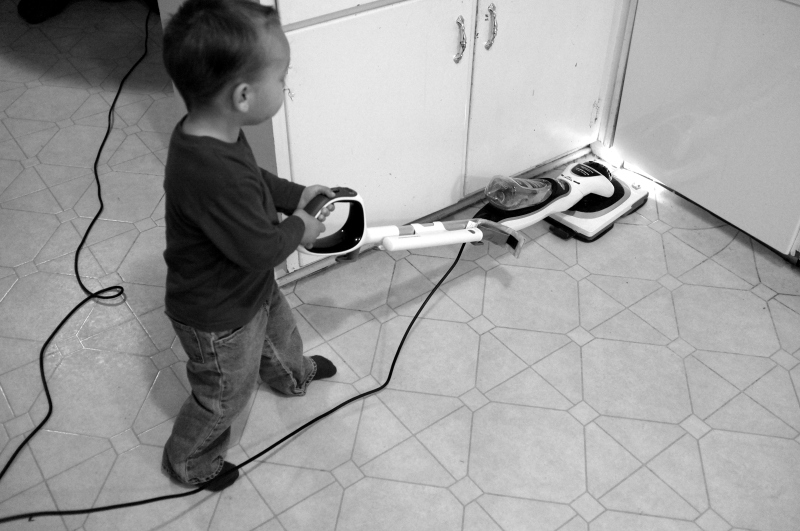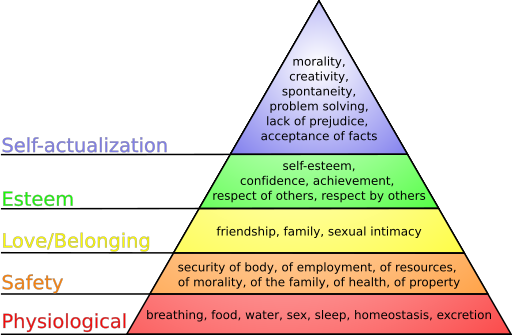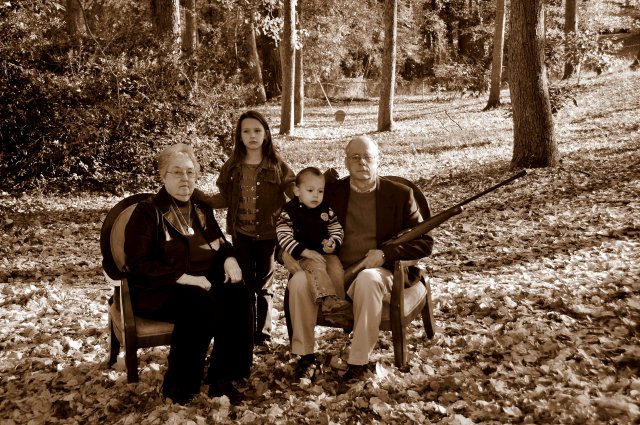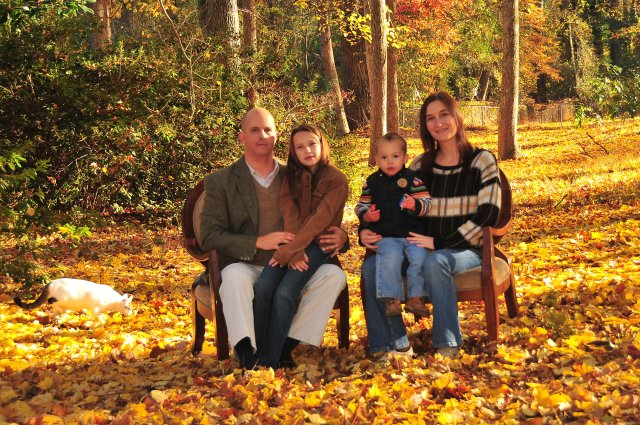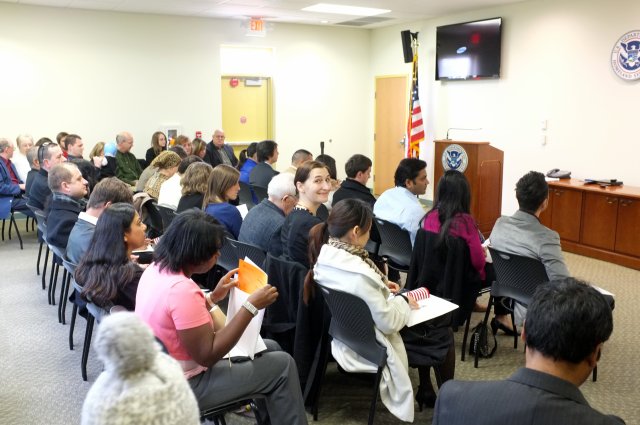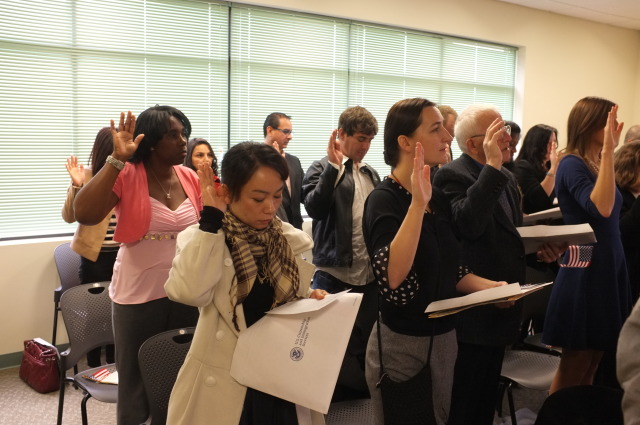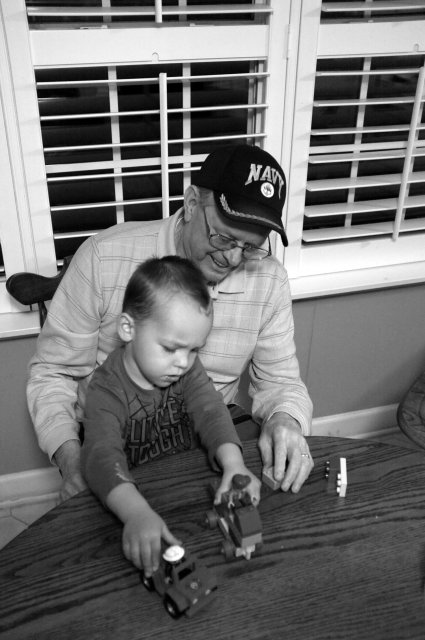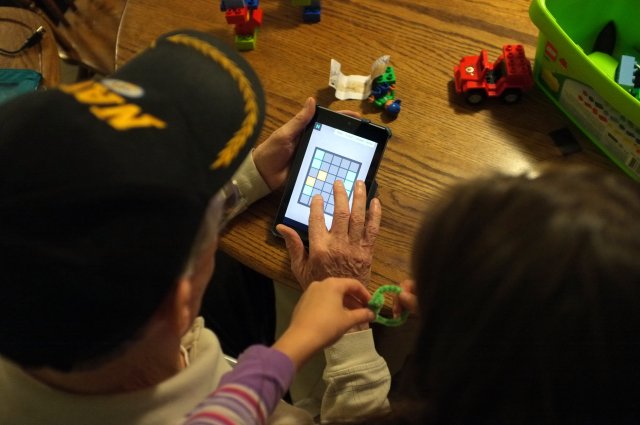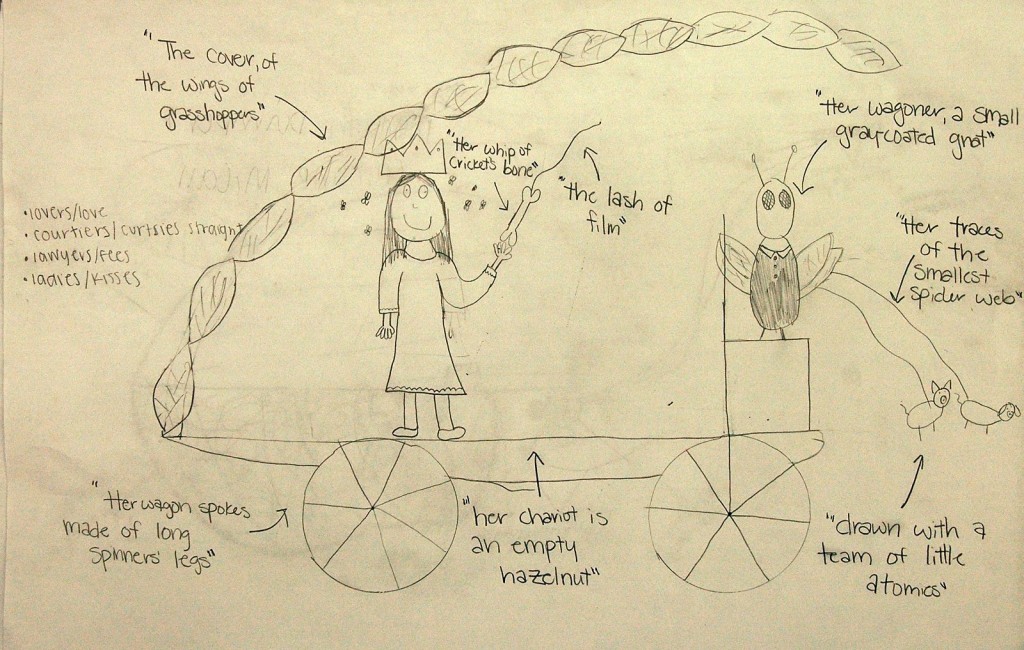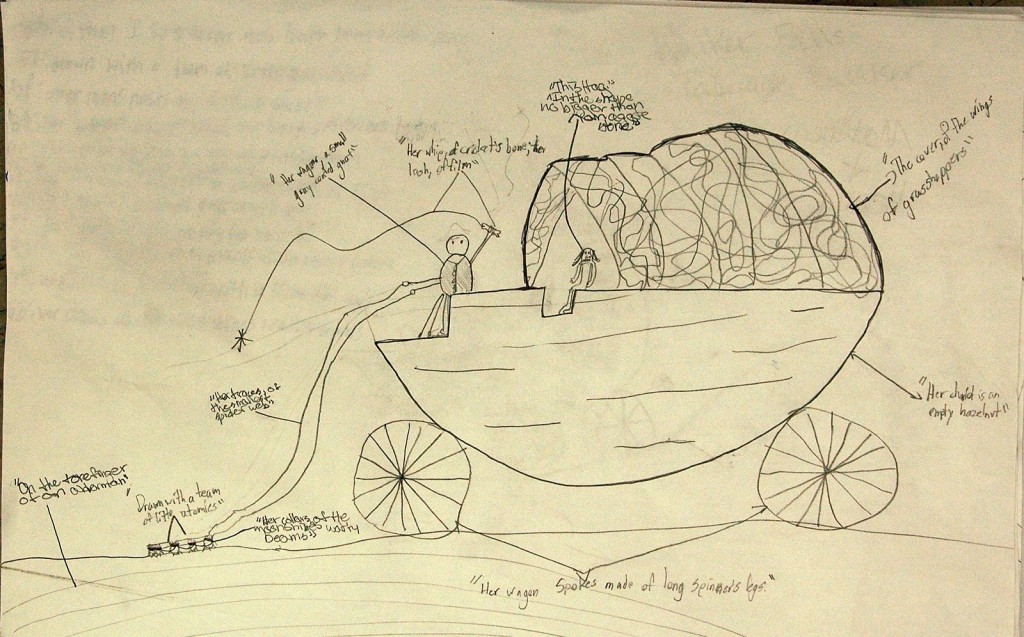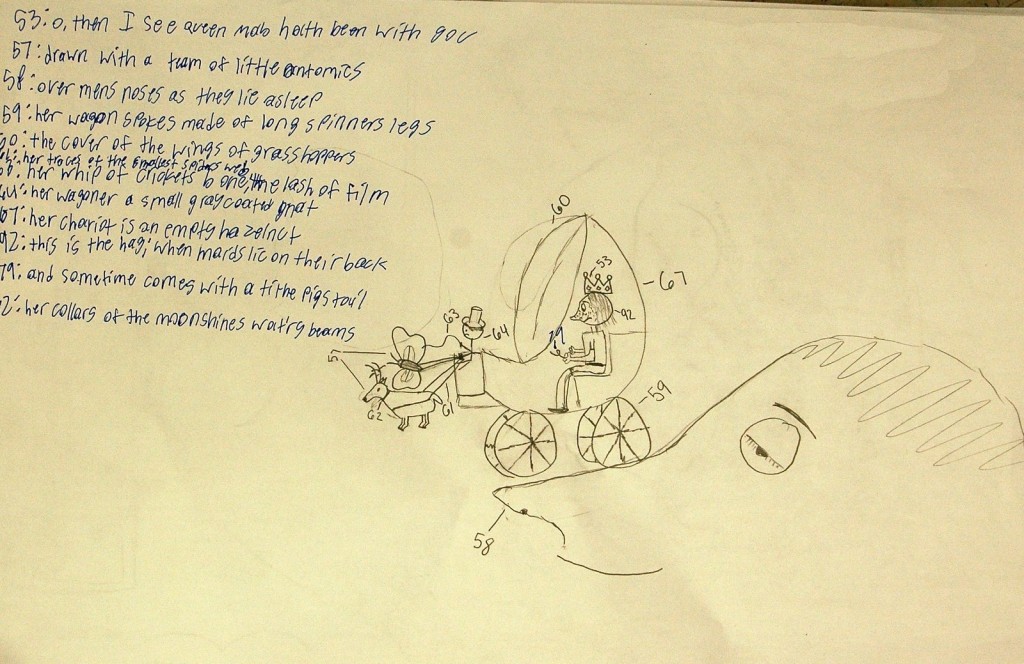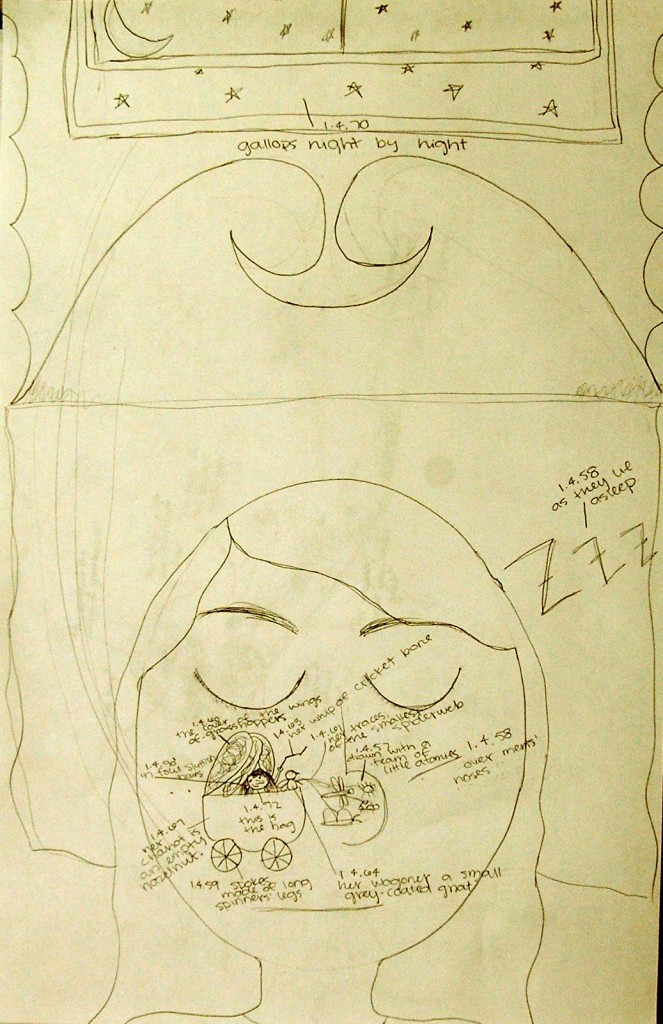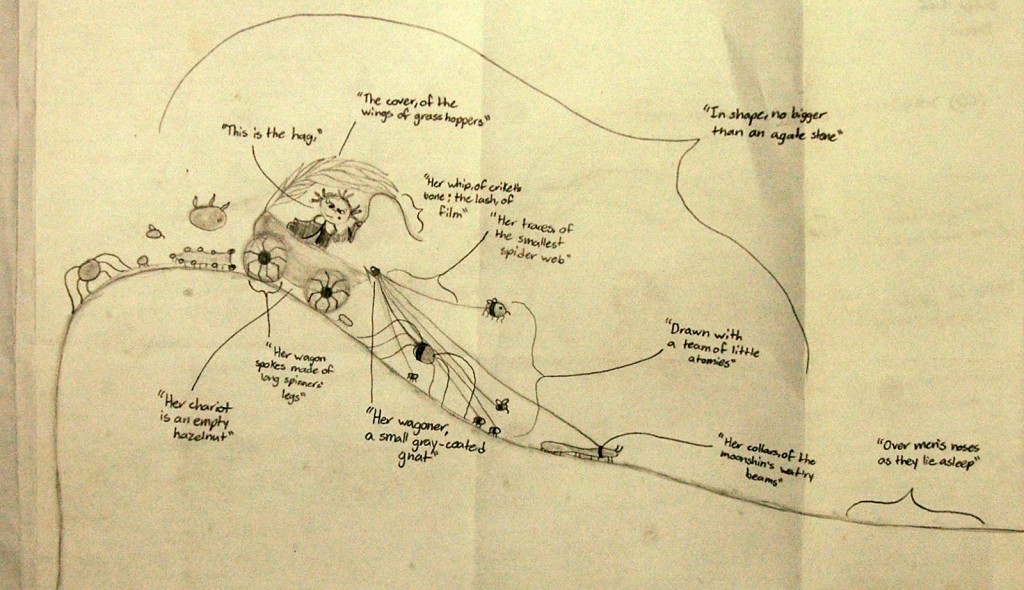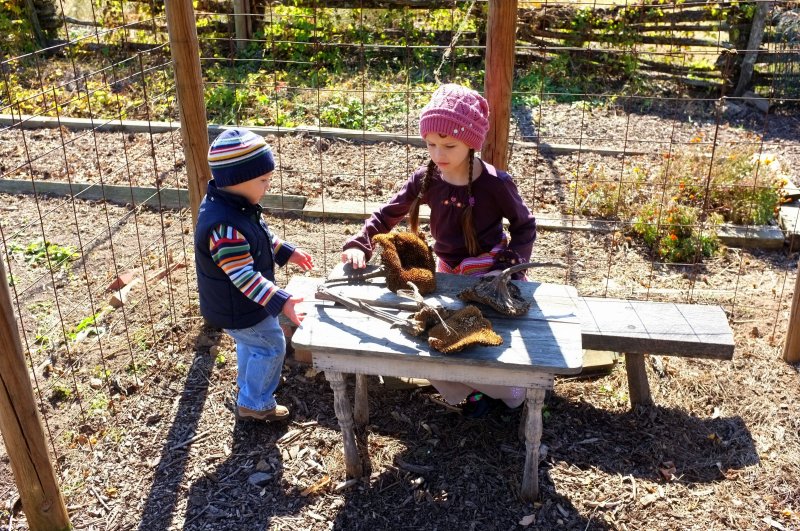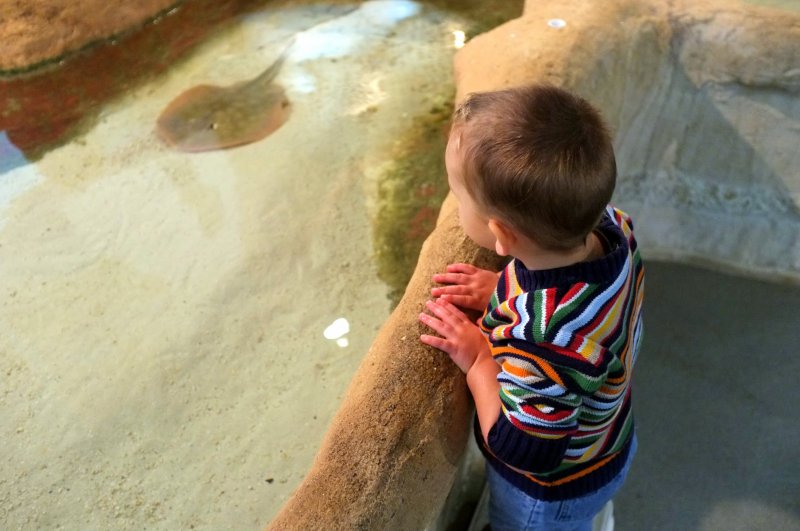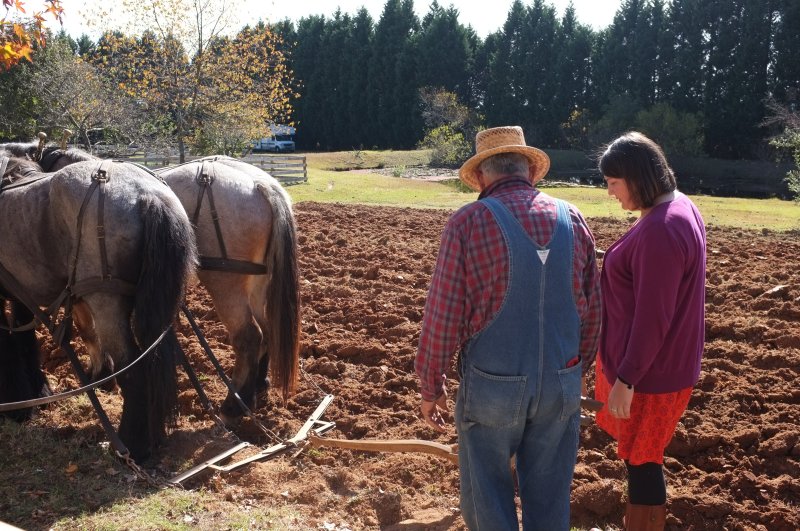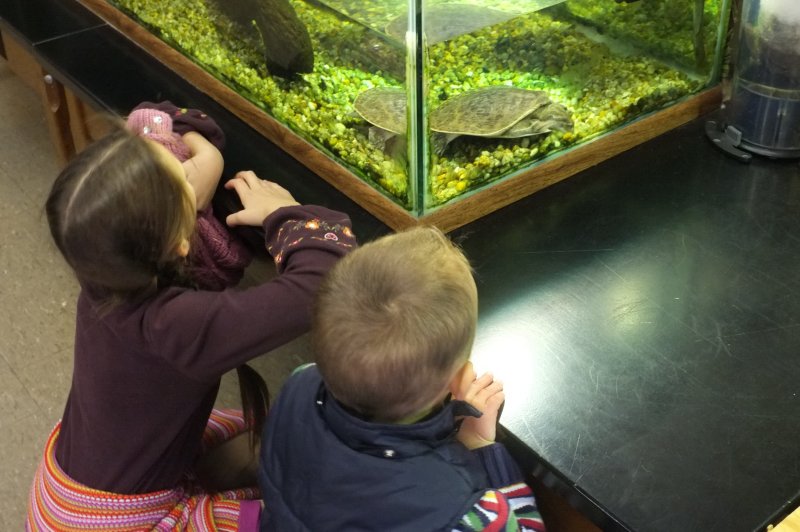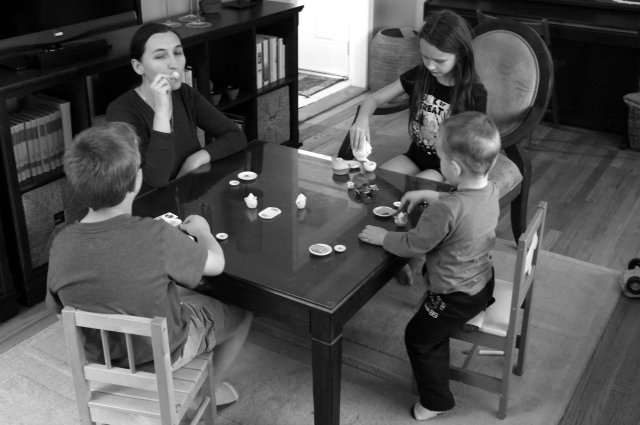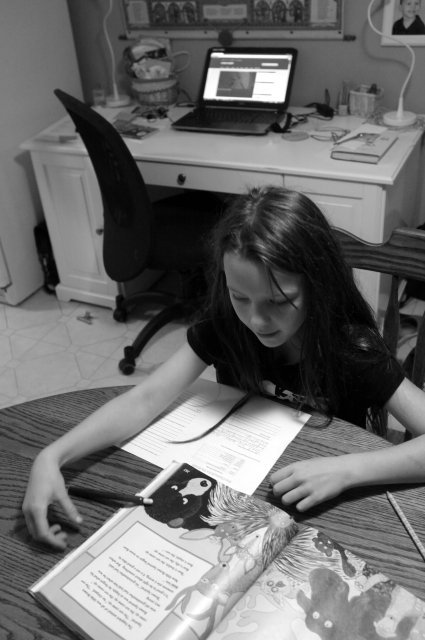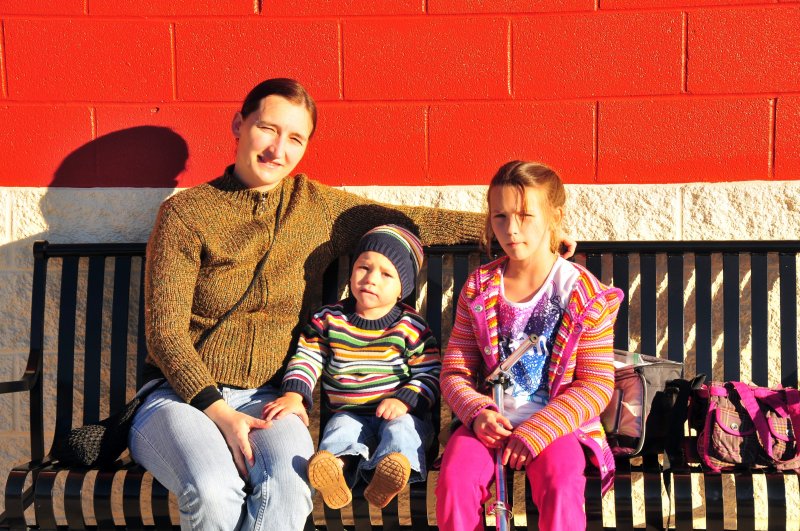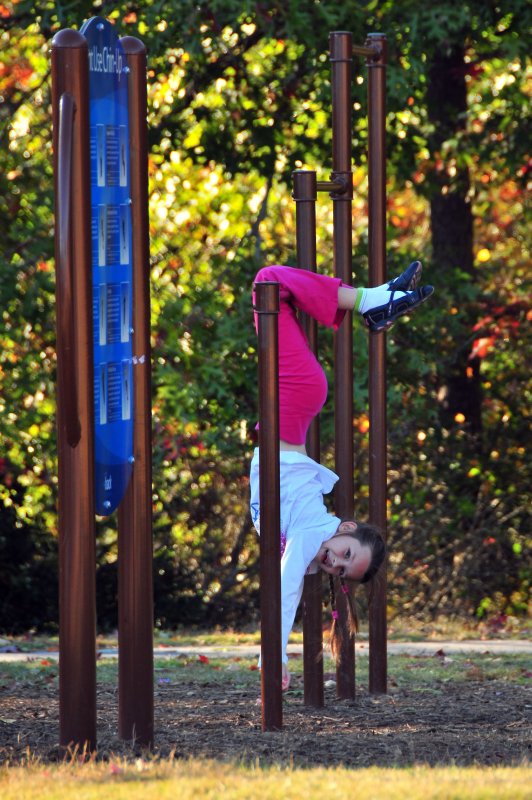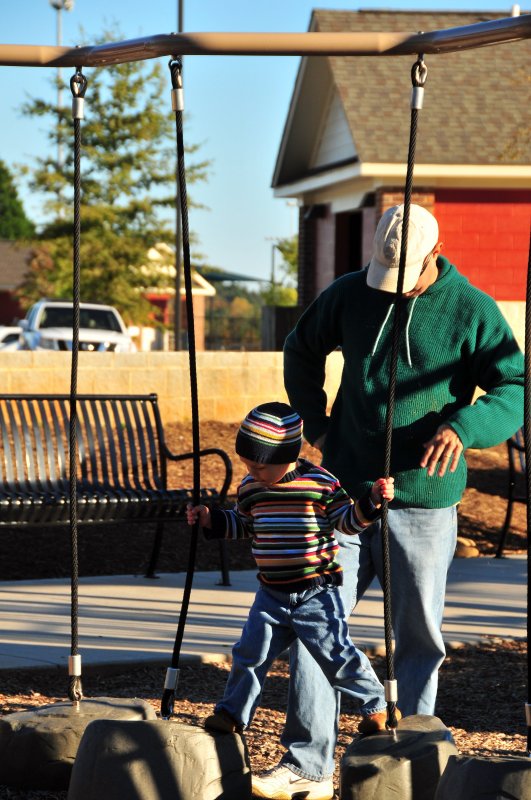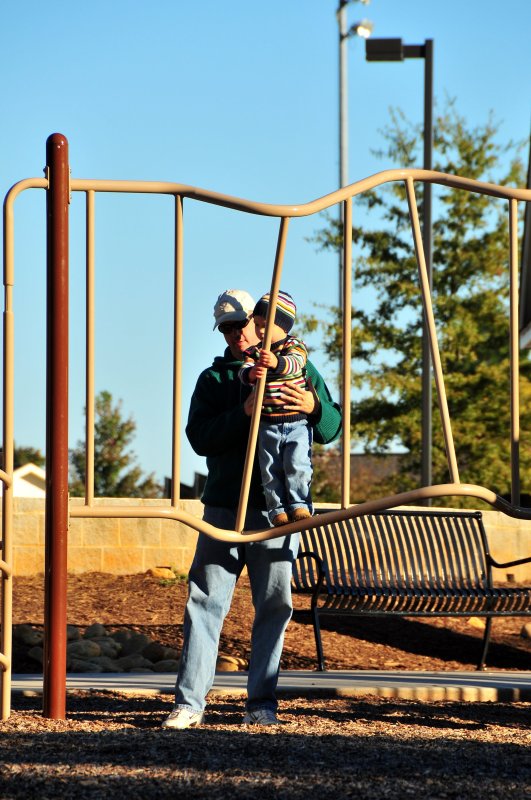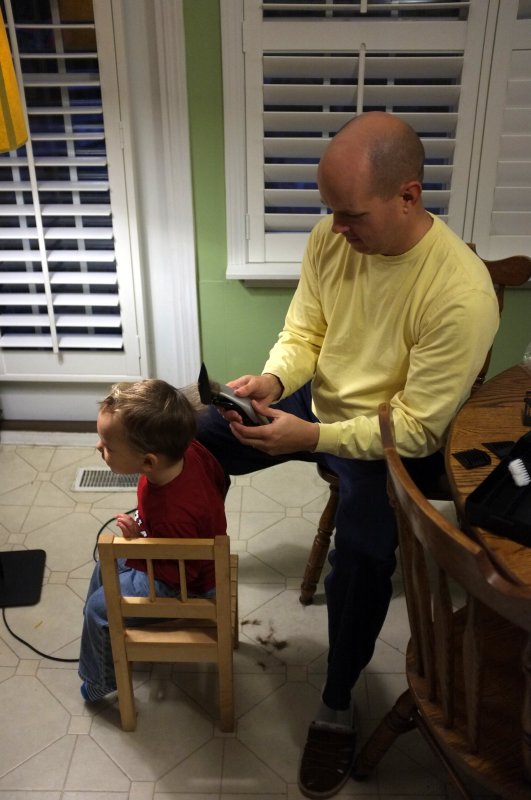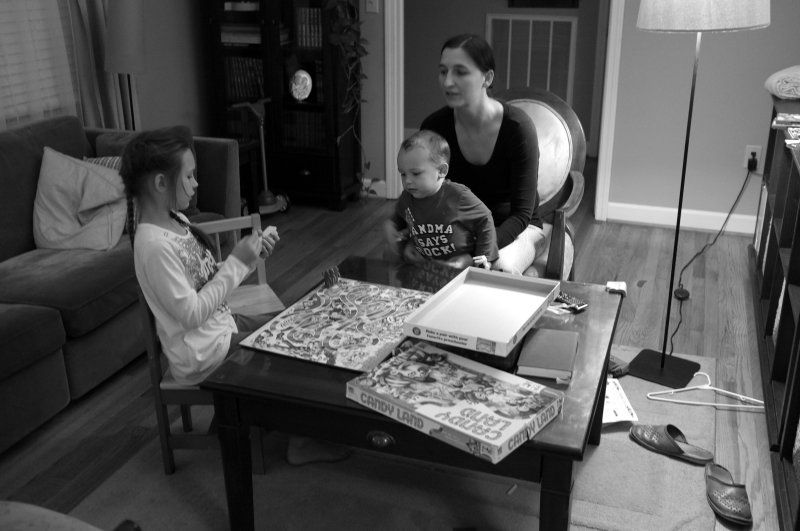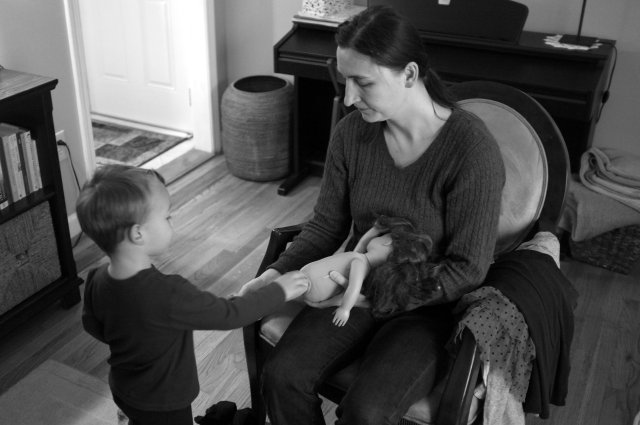A friend posted on social media his frustration with a recent Obama press conference, to which I joked, “Ah, you’re feeling the pain I’ve felt for the last several years…” I knew this was not the case: said friend is solidly liberal and has been for as long as I’ve known him. I added that Obama’s presidency has done more to move me to the right than just about anything else. My friend replied that to change political parties, he would need to “have an entire personality transplant & abandon many of [his] values.”
I thought about that comment most of the day as I worked in the yard, prepared our son’s new room, and the thousand and one other things that fill a Saturday without the kids. The implication is troubling but fairly common these days: people who hold different political positions do so because of different values. The corollary from that is simple and permeates modern political exchange: those who hold political positions different from mine do so because they have different values, which are inferior to my values.
This goes beyond merely calling the other side ignorant. Ignorance can be corrected. It even goes beyond calling the other side stupid. Any thinking individual realizes that such a claim is vacuous at best as most of us fall fairly solidly in the mean for intelligence. This suggesting that the different political sides have different values means that their core being and thinking is somehow different. It can lead in no way to productive political conversation. And it permeates the left and the right.
- Both sides portray those who are on the other side of the political spectrum not just as wrong but as morally deficient: Anyone who has a Tea Party bumper sticker is inherently an evil person; anyone who has an ACLU bumper sticker is inherently an evil person.
- Both sides accuse the other of ulterior motives: Republicans are heartless selfish souls who care only about the rich; Democrats are self-serving hypocrites who only support welfare because it means votes.
- Both sides accuse the other of wanting to destroy the country: The Republicans want to turn it into some kind of corporate oligarchy; the Democrats want to turn it into a socialist non-paradise.
What is the alternative? I would suggest that the alternative is the traditional mode of political discourse, where liberal and conservative positions are seen not as alternate values but alternate methods. What if there were an underlying assumption between both sides that the other wants the best for the country and the disagreements have to do with methods, not goals? In such a political climate, the other side is just that: not an enemy, not an idiot, but just someone who sees a different road to the same goal.
